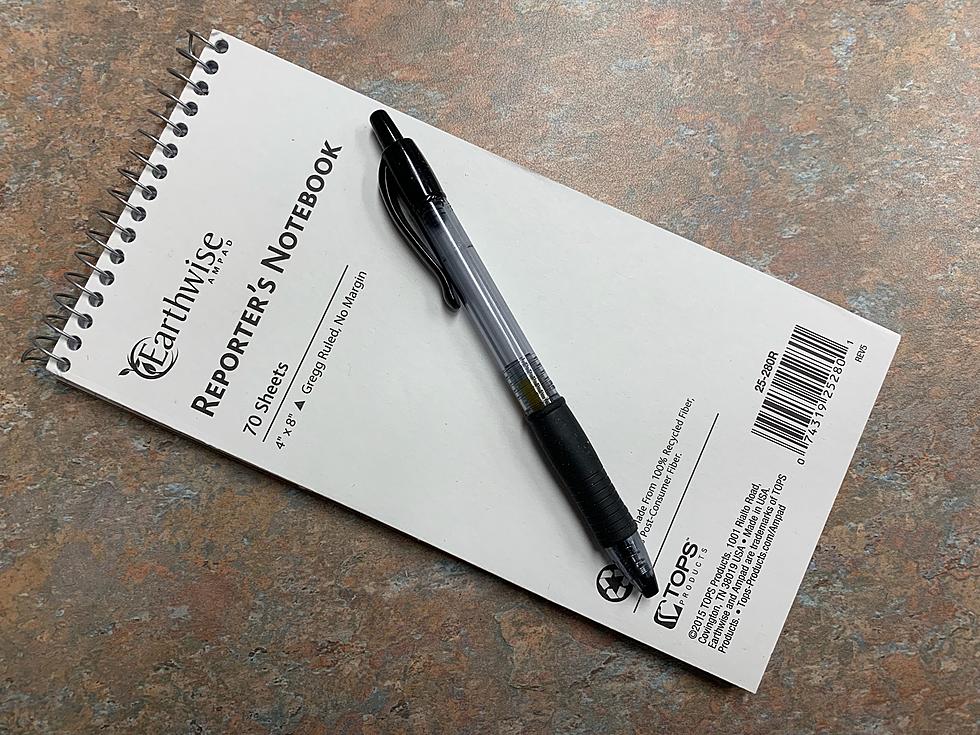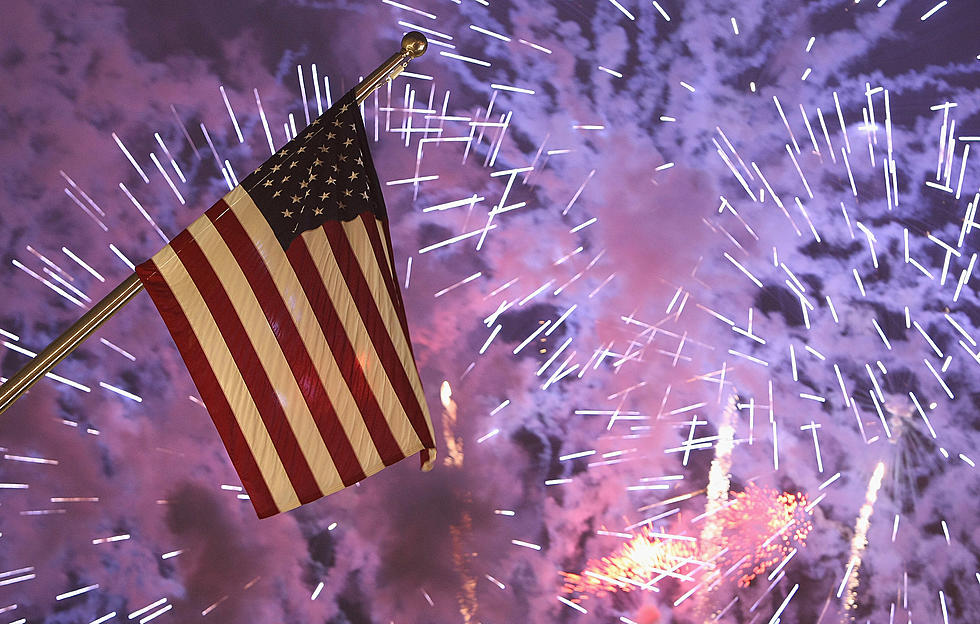
Legislators Propose Draft Shield Law Bill to Protect Journalists
A group of legislators, led primarily sponsored by a former journalist now lawmaker, have drafted a bill called a Shield Law in the Legislature to protect journalists' privileges for refusing to reveal sources of information.
"Wyoming is the only state without some sort of Shield Law," Laura Grott, president of the Wyoming Association of Broadcasters, said in an email.
"It's a noncontroversial, bipartisan bill, that we hope our legislators will support in this budget session," Grott said.
House Bill 146 is sponsored by Rep. Charles Pelkey, (D-Albany County), a former reporter for the Casper Star-Tribune.
Other co-sponsors are House Majority Floor Leader Eric Barlow, (R-Gillette), Rep. Clark Stith, (R-Sweetwater County), Rep. Mike Yin, (D-Teton County), Rep. Dan Zwonitzer (R, Laramie County), and Sen. Mike Gireau (D-Teton County).
The Wyoming Association of Broadcasters has advocated for such a First Amendment bill for years. The idea had been resisted by the Wyoming Press Association, which now favors it.
"Shield laws help reporters do their jobs, by engaging with whistleblowers, victims, accused criminals and others whose livelihood, legal status or safety might be jeopardized if their identity came to light," Grott said.
Because this is a budget session, which began Monday, a nonbudget bill needs two-thirds approval by both the House and the Senate to be introduced for consideration.
The bill defines "journalist" as a person who is paid to gather and produce information for broadcast or print. It includes students at the University of Wyoming, and supervisors of journalists.
- It gives current or former journalists the privilege to refuse to disclose, and to prevent anyone else from disclosing, information obtained in confidence, and the source of the information if the journalist is gathering news for publication or broadcast.
- The bill would prohibit a court in a civil or criminal procedure, the Legislature, a grand jury or any other public body from holding the journalist in contempt for asserting the privilege.
- If that information is obtained in violation of the privilege, it cannot be admitted in any legislative action, court hearing or the activity of any other public agency.
- The journalist who asserts this privilege may not be fined, imprisoned, or assessed a civil penalty.
The privilege applies to any information the journalist refuses to disclose to a court, the Legislature, or any other public agencies, "that the information is highly relevant to a particular proceeding," or if it is published elsewhere.

More From K2 Radio









